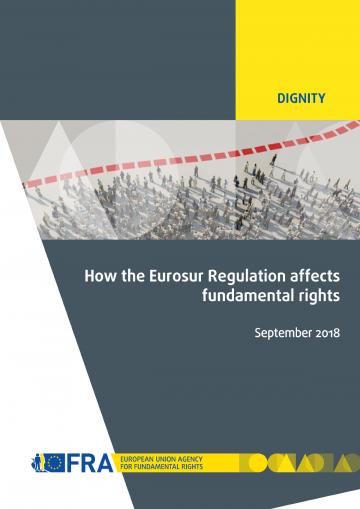Jazyk
English

The Eurosur system establishes a mechanism for information exchange and cooperation between different national authorities involved in border surveillance as well as with Frontex. The purpose of Eurosur is to detect, prevent and combat irregular immigration and cross-border crime and to contribute to the protection and saving lives of migrants.
Contents